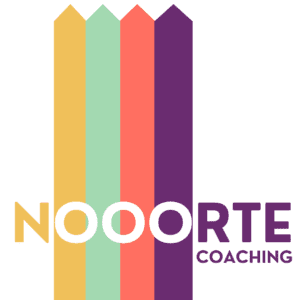Embarking on a journey to rebuild your life after overcoming trauma is a courageous step, and seeking the right guidance is vital. However, understanding the distinctions between therapy and coaching is crucial for making an informed decision tailored to your unique needs. Let’s delve into the differences that can help you choose the path that aligns best with your journey of healing and personal growth.
Therapists or Healers:
Psychotherapists, with their specialized training, are adept at addressing mental health issues stemming from trauma. They bring expertise to guide individuals dealing with conditions such as depression, anxiety, or post-traumatic stress disorder (PTSD). Utilizing evidence-based approaches, therapists delve deep into the root causes, offering healing and coping mechanisms for a spectrum of mental health challenges. Their focus is on creating a supportive space for understanding emotions, thoughts, and behaviors, facilitating effective treatment and recovery.
Coaching for Empowerment:
Coaches operate on the premise of helping individuals thrive at ordinary or higher levels, especially after overcoming significant challenges. Unlike therapists who concentrate on diagnosing and treating mental illnesses, coaches are partners in navigating emotional discomfort, enhancing performance, and achieving meaningful goals. Empowering individuals to overcome challenges, build resilience, and discover untapped potential, coaches provide a future-oriented perspective. This involves identifying strengths, setting objectives, and developing actionable strategies for personal and professional success, emphasizing growth and self-discovery.
Key Differences to Consider:
1. Treatment Focus:
– Therapists: Trained to address diagnosed mental health issues resulting from trauma.
– Coaches: Focus on personal development, working through emotional discomfort, and achieving higher levels of performance.
2. Temporal Orientation:
– Therapists: Typically have a past and present focus, aiming at healing from past traumatic experiences.
– Coaches: Primarily future-oriented, concentrating on helping clients envision and create the life they desire.
Choosing Without Bias:
It’s crucial to recognize that both psychotherapy and coaching are invaluable in supporting methods on your journey to well-being. While therapists address diagnosed mental health issues, coaches provide a unique space for personal growth and goal attainment. Each profession contributes distinct perspectives, and the right choice depends on your specific needs and where you are in your journey of post-trauma healing.
Why Marie Is Your Ideal Coach:
Marie, as a seasoned coach, brings a wealth of experience and a proven track record in empowering individuals for post-trauma personal development. Rooted in evidence-based coaching strategies, Marie is committed to providing a science-backed foundation for your transformative journey. Her warm and trusting approach creates an environment where you can confidently navigate life’s challenges.
When to Choose Marie:
Consider Marie’s coaching services when:
– You’re seeking guidance in personal development after overcoming trauma.
– A coach with a solid background in evidence-based coaching methods aligns with your needs.
– Flexibility in service delivery, including remote sessions, resonates with your preferences.
– You’re ready to embark on a future-oriented journey toward a more fulfilled and purposeful life.
Conclusion:
Your decision between psychotherapy and coaching depends on the nature of your challenges. Seeking recommendations, verifying credentials, and understanding the scientific basis of their approach will guide you to the right professional. With Marie, you’re not just choosing a coach; you’re selecting a partner dedicated to empowering you on your path to a more vibrant and meaningful life.







Leave A Comment